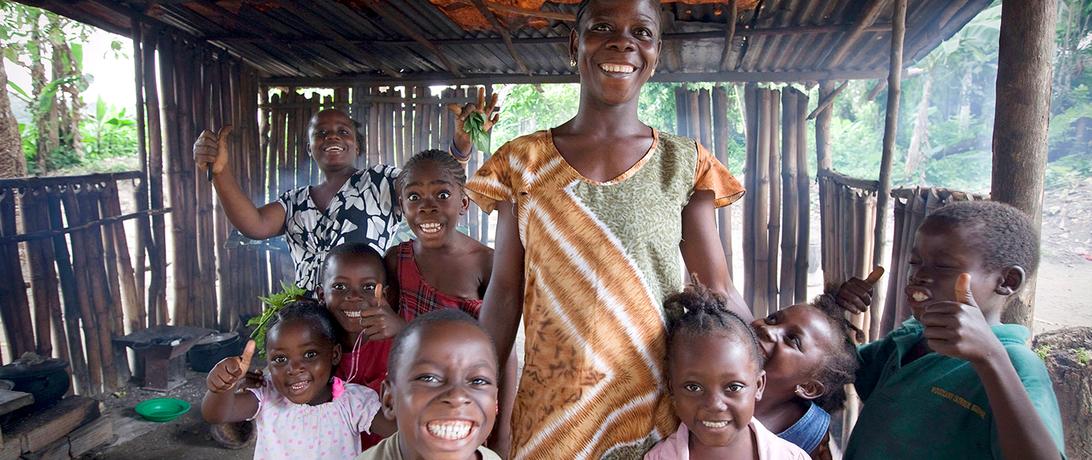
Evidence indicates that mothers are uniquely positioned in terms of access and proximity to their children, and that they are a key partner in counter-violence strategies.
Over the last two weeks, our blog has focused on the increasing threat posed by technology. A prime example of this is the success of the so-called Islamic State in recruiting new fighters through social media. Our two-part series also drew attention to the fact that, in this arena, even the basic concept of women as actors is overwhelmingly absent from the conversation. We recommended that gender be mainstreamed throughout all strategies to combat emerging threats, so that women’s unique skills and positioning within society can be used as an instrument for peace.
Enter Women Without Borders. The Vienna-based NGO, run by Austrian sociologist Edit Schlaffer, has quietly been working with mothers to develop a brilliant new soft power strategy to fight the global rise in extremism. The organization’s 2015 study Can Mothers Challenge Extremism? “sheds light on the difficult role of mothers in guiding their children during the critical phase of adolescence, among the global turmoil.” Data collected during the study indicates that mothers are uniquely positioned in terms of access and proximity to their children, and that they are “a key partner in developing preventative, counter-violence strategies.”
Interviews and surveys conducted in Pakistan, Israel and Palestine, Northern Ireland, and Nigeria reflect that while mothers feel they have the potential to recognize early warning signs and ultimately prevent their children from becoming involved with extremism, they often lack the resources and support to carry out these goals. To close this gap, in 2013, Schlaffer created the inaugural “Mothers School” based in Tajikistan. Since then, the initiative has been carried out in India, Indonesia, Pakistan, and part of sub-Saharan Africa. Even more recently, a Mothers School was set up in the UK, which, in just 10 weeks, taught 45 local mothers how to better monitor their children’s internet access, communicate with them, and recognize the early warning signs of radicalization. The program is still growing, with additional Mothers Schools taking root throughout Europe: in Belgium, Austria, Macedonia, Germany, and France.
According to Schlaffer, almost all children who leave their home countries to join the ranks of radical extremist groups eventually reestablish contact with their mothers through Whatsapp, phone, or e-mail. The connection between mother and child is so profound that some mothers have, at the last minute, been the only ones able to thwart their children’s plans to leave home and become a foreign fighter. This “emotional umbilical cord,” as Schlaffer termed it, is a resource so powerful that ISIS has released specific propaganda urging young recruits not to believe their mothers, insisting instead that they cut ties with their families altogether.
Luckily, mothers are uniquely placed within their homes to both respond to and even preempt radical influences. Mothers Schools have provided women around the world with the knowledge and tools necessary to adopt an active role within their families, and the feedback received from trainees has been overwhelmingly positive. By empowering mothers to take early action, Schlaffer has, in a way, placed “mothers on the front line of the battle against Islamic extremism.” The strategy could prove fatal to the allure ISIS has held for disenfranchised youth worldwide.
To read more about the fascinating work happening at Women Without Borders, see “A New Security Architecture: Mothers Included!” written by Edit Schlaffer and Ulrich Kropiunigg, in A Man’s World? Exploring the Roles of Women in Countering Terrorism and Violent Extremism.
Article Details
Published
Written by
Topic
Program
Content Type
Opinion & Insights